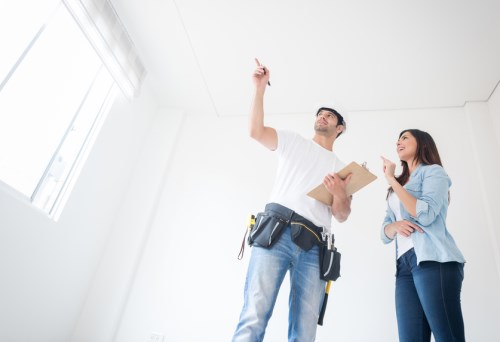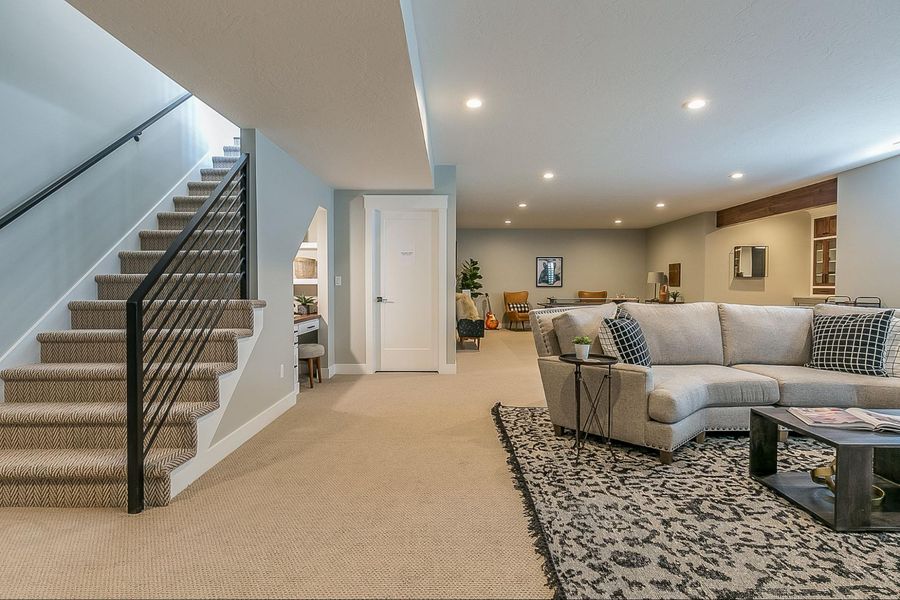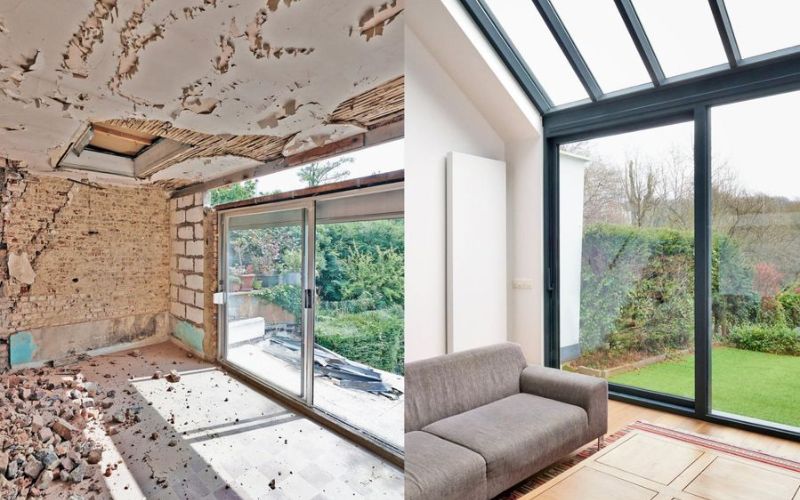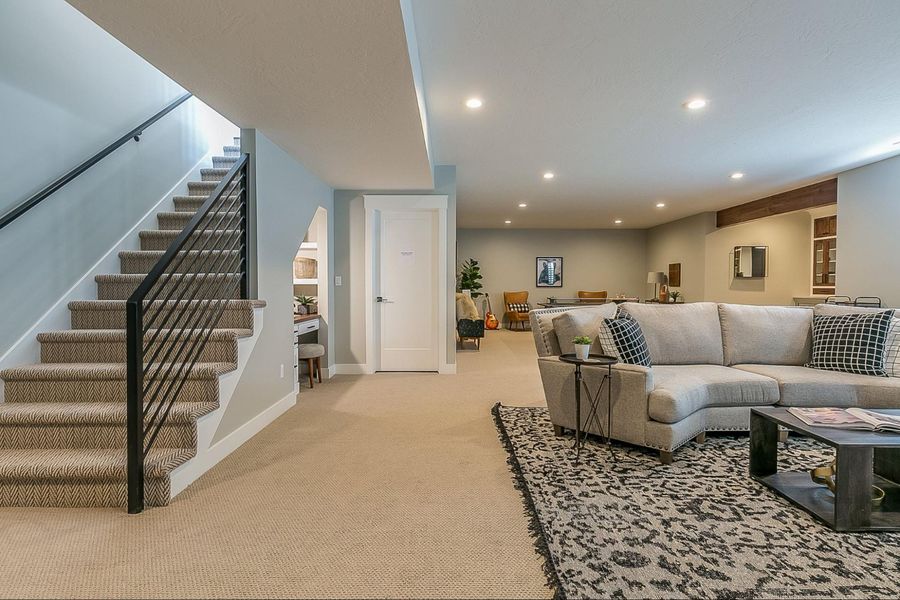Last Updated on October 24, 2023 by CREW Editorial
So you want to be your own boss and retire well before you hit age 65. With the housing industry booming in Toronto and the GTA, it’s tempting to entertain the idea of quitting your day job and becoming a house flipper. Popular TV shows like Property Brothers and Flip or Flop often showcase the glamorous side of flipping houses – but, as with most things in real estate, it’s not as easy as it looks.
Flipping isn’t the same as trying to make some fast cash by renting out your basement apartment on Airbnb or subletting your apartment while you’re away on holiday. It isn’t simple, it isn’t cheap, and it isn’t for everyone. If you’re thinking about getting into the business of flipping houses, here are five things to consider before you dive in.
Your time commitment
Flipping houses requires you to be generous with your time. It is a major commitment – it’s not a hobby you can leave for awhile and go back to whenever you want. Think about it like being in a relationship: Once you commit to flipping a house, you have to be there for it and put 100% effort into it.
If you work full-time, flipping a house can be overwhelming. It often only succeeds when the investor involved is serious about taking on a physically and emotionally heavy workload. Ask yourself – and answer honestly – the following question: Do you really have the time to commit to a big project?
Remember, once you commit to flipping a house, you are responsible for everything, from financing to obtaining permits to closing the deal. Once you gain access to the house, you need to set a deadline and deliver within the allocated timeframe.
Location, location, location
Hidden gems in great neighbourhoods are popping up across the GTA, but a bargain is only a bargain if it’s the right house for you. You have to think about what kind of buyers you want to attract.
Are you thinking of young, hip business professionals who travel a lot and are all about finding a convenient location? Do you want to attract newly married couples who are looking to settle down and start a family, who need to be close to schools and parks?
The people who make up these demographics will be looking at neighbourhoods before they look at houses, so finding an ideal location is very important. Is it near major highways? Is it accessible to shopping malls and plazas? Before anything else, research good locations in whatever city you’re investing in to determine what buyers are looking for.
Immediate costs
Ever hear the saying, “In order to make money, you have to spend money”? That’s especially true when flipping houses. More than likely, you’ll have to fork out the cash during the flipping process.
You also need to evaluate and plan which repairs and renovations you can do by yourself and which ones will need to b outsourced to contractors. Remember, once you start hiring contractors to do some of the renovations, it’s going to take a huge bite out of your profits.
Before you start making deals with contractors, make a list of how much you’re going to have to spend on labour and materials. A budget will help you see what needs to be done immediately. Once you’ve done that, you can start considering workarounds and possible cost trimmings.
Networking
Even after you’ve found the ideal house to flip, you can’t do everything on your own. You need to network with real estate professionals and build a good team that can handle the paperwork and list it properly on the market. A solid team can make or break your house-flipping project.
You’ll need a good real estate agent who can find prospective clients and who has a reputation for closing deals. You’ll also need a good property lawyer who knows the ins and outs of real estate law. And you need a go-to contractor you can turn to when juggling the budget and the project.
These team members are essential in flipping houses, but they’re going to take a cut out of your profits. If you think you can handle everything on your own or rely on family members and friends to do the job, you may not need to network as much.
Long-term versus short-term goals
As you get started flipping houses, you need to consider your short-term and long-term goals. Of course, every flipper wants to capitalize as much as possible on every deal, but the question is: What are you planning to do with your profits? Are you thinking of just doing one flip and putting the money toward some outstanding debts? Or are you planning to build your portfolio, really dive into the real estate business and flip more houses?
If you do plan to flip more houses, what are your long-term goals? Are you thinking of renting out your properties or selling them? There will probably be more questions than answers as you’re getting started, but it’s essential that you have a goal in mind. It will keep you on track.
The bottom line is that you need to be honest with yourself and evaluate your intentions for flipping houses. Whether you’re in it for short-term gain or for the long haul is up to you. But you need to be honest with yourself when considering the time you’re willing to commit, the physical and emotional demands of the project, and the capital required to float the entire enterprise.
 PAUL D’ABRUZZO is a real estate investment advisor, industry-leading Realtor, speaker and private performance coach. He and his team specialize in the acquisition, purchase and sale of investment grade property in southern Ontario. Get free, instant access to real estate deals in southern Ontario before the general public and learn how to analyse them quickly and easily, just like the pros do, at investmentpropertyanalyzertool.com
PAUL D’ABRUZZO is a real estate investment advisor, industry-leading Realtor, speaker and private performance coach. He and his team specialize in the acquisition, purchase and sale of investment grade property in southern Ontario. Get free, instant access to real estate deals in southern Ontario before the general public and learn how to analyse them quickly and easily, just like the pros do, at investmentpropertyanalyzertool.com








